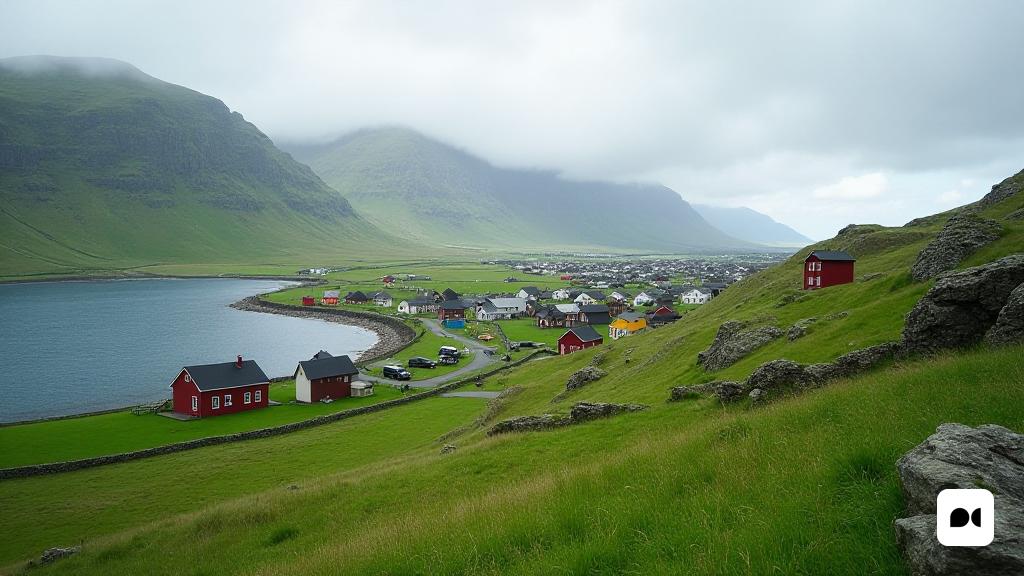An Archipelago of Determination
With a population of around 54,000 inhabitants, the Faroe Islands are presented as a conglomerate of more than 700 islands covering an area of 1,400 square kilometers. Of these, 18 are significant, with 17 of them inhabited. Most of the islanders reside in Tórshavn, its capital, which exerts a remarkable influence on the social and economic life of the archipelago.
Adaptation to Geography and Climate
The geography of the Faroe Islands, characterized by its difficulty and a severe climate, has been a determining factor in the day-to-day life of its inhabitants over the years. Instead of giving up in the face of these adversities, the Faroese have chosen a path of proactivity and innovation. In recent decades, they have built an extensive network of tunnels that cross mountains and seabeds, managing to connect the islands efficiently.
Infrastructures that Transform Lives
Tunnels and bridges, which have replaced traditional ferries, have significantly reduced travel times. The Faroe Islands can be considered pioneers in the construction of underwater tunnels with roundabouts, a unique milestone worldwide. This ability to overcome obstacles is a testament to Faroese tenacity, which seems to surprise even visitors.
Economic and Social Autonomy
While the Faroe Islands depend on Danish government grants that account for around 10% of their budget, their ambition is clear: to reduce this dependency and encourage autonomous growth. The determination of the Faroese is reflected in their ability to face challenges with an optimistic spirit and an independent mindset.
An Example to Follow
The example of the creation of Atlantic Airways in 1987 perfectly illustrates this mentality. Faced with an air monopoly, the local authorities decided to found their own airline, which today is not only profitable, but has also become a national pride, with local staff and communication in the Faroese language.
Security and Social Changes
Historically, the archipelago has been a place where crime has been virtually non-existent. With no jails and a police force focused on road safety, islanders enjoy a safe environment. However, new social challenges have recently begun to emerge, including an increase in violence and drug trafficking, attributed to increased immigration.
A Future Complex
The Faroese are facing these changes with a pragmatic attitude, without falling into demagoguery. In its Parliament, the absence of far-right parties indicates a consensus on the current situation and the necessary solutions.
Reflections for Catalonia
The experience of the Faroe Islands can offer Catalans valuable lessons. Sometimes, it is necessary to look beyond our borders to realize that we are not always living the reality that we were sold. The period between the publication of ‘Lo Catalanisme’ and the start of the Spanish Civil War was a time of hope and ambition. Maybe it’s time to regain that resolve, looking outward with less regret and more action.

